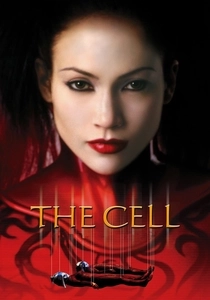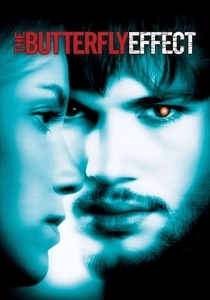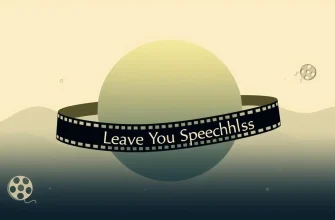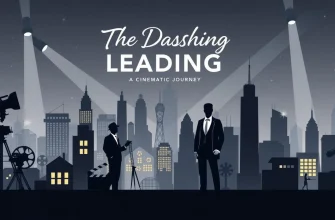Mind control is a fascinating and often terrifying concept that has been explored in cinema for decades. This curated list of ten films delves into the psychological manipulation, brainwashing, and the ethical dilemmas of controlling another's thoughts. These movies not only entertain but also provoke thought about autonomy, identity, and the human psyche, offering a unique perspective on what it means to control or be controlled.

The Manchurian Candidate (1962)
Description: A classic thriller about a Korean War veteran who discovers he's been brainwashed to become an assassin. This film explores the chilling possibility of mind control in political contexts.
Fact: The film was remade in 2004 with Denzel Washington and Meryl Streep. The original was almost banned due to its political content during the Cold War.
 Watch Now
Watch Now 
A Clockwork Orange (1971)
Description: Stanley Kubrick's adaptation of Anthony Burgess's novel where a violent youth is subjected to aversion therapy to cure his aggressive tendencies, raising questions about free will and control.
Fact: Kubrick withdrew the film from UK cinemas in 1973 after it was linked to copycat violence, and it wasn't re-released until after his death in
 Watch Now
Watch Now 
The Truman Show (1998)
Description: Truman Burbank lives in a seemingly perfect world, which is actually a constructed reality TV show. This film explores the control over one's life and the quest for truth.
Fact: The film's set was the largest ever built for a movie at the time, covering 16 acres.
 Watch Now
Watch Now 
The Matrix (1999)
Description: A groundbreaking film where humans are unknowingly trapped inside a simulated reality, controlled by sentient machines. It delves into themes of reality, choice, and control.
Fact: The film popularized the concept of "bullet time," a visual effect where the action slows down while the camera moves around the subject.
 Watch Now
Watch Now 
The Cell (2000)
Description: A psychologist enters the mind of a comatose serial killer to find the location of his latest victim, delving into the dark recesses of the human psyche.
Fact: The film's surreal visuals were inspired by the works of artists like H.R. Giger and Salvador Dalí.
 Watch Now
Watch Now 
The Butterfly Effect (2004)
Description: A young man discovers he can travel back in time to his childhood to alter events, but each change has unforeseen consequences, exploring the control over one's past and future.
Fact: The film has multiple endings, with the director's cut offering a darker conclusion than the theatrical release.
 Watch Now
Watch Now 
Eternal Sunshine of the Spotless Mind (2004)
Description: This film explores the idea of erasing memories to escape emotional pain, touching on themes of control over one's own mind and the consequences of such control.
Fact: The film's title is derived from a poem by Alexander Pope, and it was shot in reverse order to reflect the memory erasure process.
 Watch Now
Watch Now 
Shutter Island (2010)
Description: A U.S. Marshal investigates the disappearance of a patient from a psychiatric hospital, only to find himself questioning his own sanity and the reality around him.
Fact: The film was shot on location at the former Medfield State Hospital in Massachusetts, which added to the eerie atmosphere.
 Watch Now
Watch Now 
Inception (2010)
Description: Christopher Nolan's masterpiece where a professional thief enters the subconscious mind to implant an idea, exploring the depths of dream manipulation and mind control.
Fact: The film's dream-within-a-dream structure required complex visual effects, with some scenes shot in reverse to achieve the desired effect.
 Watch Now
Watch Now 
The Adjustment Bureau (2011)
Description: A man discovers that his life is being manipulated by a mysterious group known as the Adjustment Bureau, who control human fate, exploring themes of free will versus destiny.
Fact: The film is based on a short story by Philip K. Dick, whose works often deal with themes of mind control and alternate realities.
 Watch Now
Watch Now 








